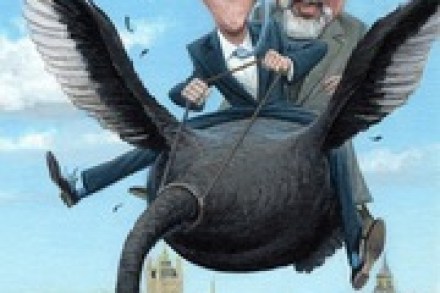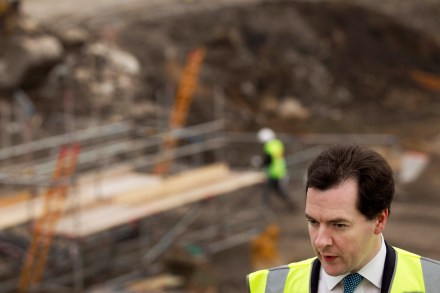The Limits of Political Speech: Talking About Everything Just Makes It Worse
The Sunday Telegraph was sensible enough to publish a pleasing article by Brother Hoskin last weekend in which our man took the temperature of political speech-making in Britain today and, concluded, that it is, well, tepid. The speechwriters Pete talked to seem to agree. The decline of the political speech is, for sure, a minority concern. The people are not troubled by it. In any case, journalists, being in the word business themselves, are prone to over-estimating the power of political speech. Except in unusual circumstances, economic fundamentals are more important than Prime Ministerial or Presidential rhetoric. Perhaps the best advice in Pete’s article is that David Cameron should make











